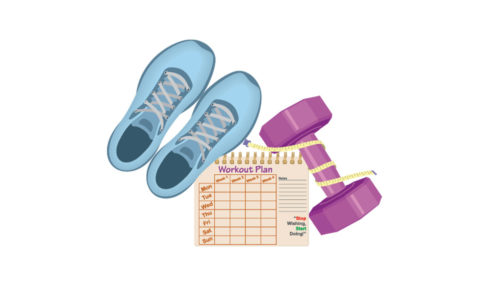Great flute technique results from consistent practice, hand position, posture and patience. There’s no easy road to success; however, daily practice of scales, arpeggios and other patterns builds technical confidence and speed. Here are some tips for developing speed and accuracy in those challenging flute passages.
Hand Position
Curved fingers move faster, so concentrate on a relaxed, natural hand position. Keep fingers on the keys, and don’t allow them to hang over the edge.
• Left Hand: Place the base of the index finger against the flute body between the first two keys.
• Right Hand: Place the right thumb under the first finger and perpendicular to the flute body, rather than parallel.
Alignment
Align the outer edge of the tone hole with the outer edge of the first key on the flute body, placing lip plate below the bottom lip and in the chin.
Posture
Think tall, remembering to bring the flute up to you rather than bending forward or slumping over. Keep arms and hands loose to allow for speed and flexibility in technical passages.
Practice
Build a solid technical foundation with daily scale and arpeggio practice. Learn all 12 major scales and arpeggios, rotating the order, style and speed to prevent boredom. Add chromatic scales for increased variety and challenge. Isolate difficult patterns, practicing slowly to locate errors and refine tone quality and intonation.
Practice makes perfect, so remember that repetition is the most important element in developing speed and accuracy in challenging technical spots.
About the Author
Mary Karen Clardy, professor of flute at University of North Texas in Denton, appears as soloist, chamber artist and teacher throughout the United States, Canada, Mexico, Europe, Asia and South America. A renowned author, Mary’s current volumes include more than 10 books from European American Music, Leduc, Schott and Universal Edition. Her students are consistent prizewinners in international competitions and occupy prominent orchestral and faculty positions throughout the world. For more information, visit www.mkclardy.com.


